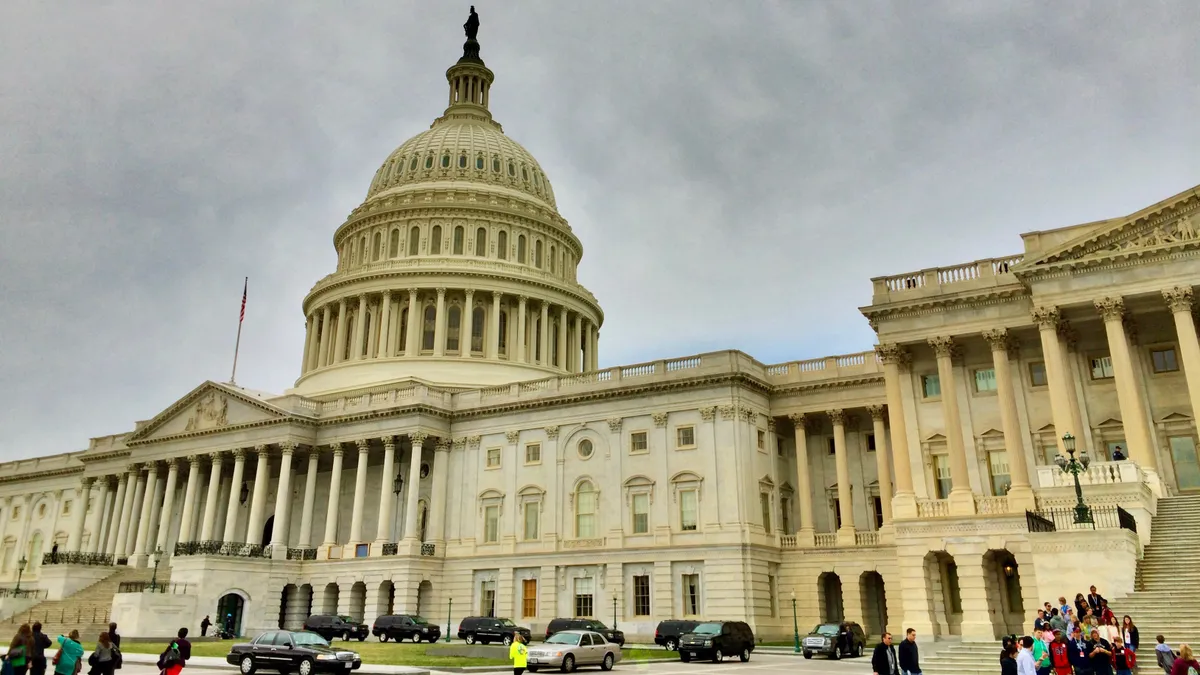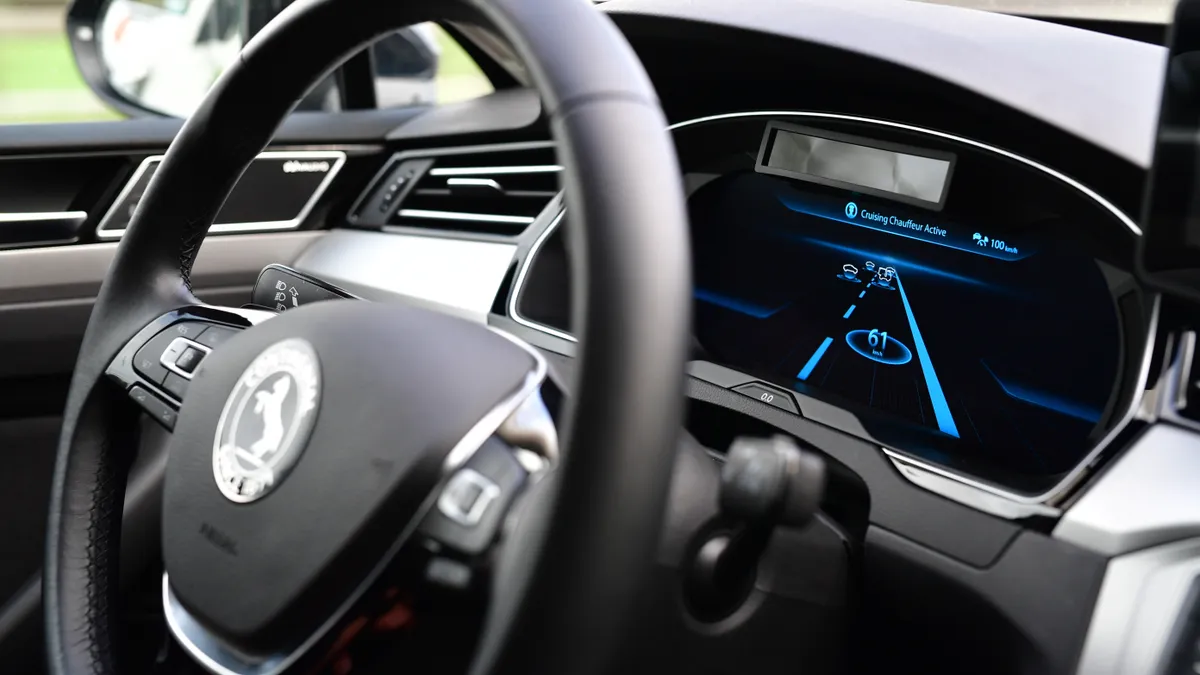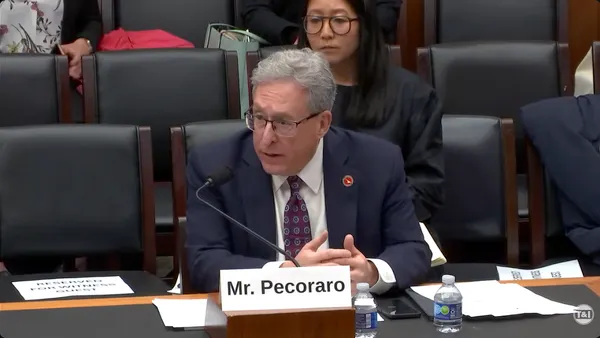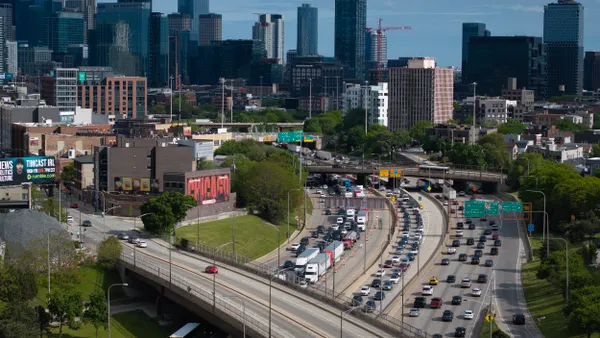Public enthusiasm for autonomous vehicles (AVs) has grown since the onset of the pandemic, particularly as consumers have recognized the technology’s ability to promote accessible and socially distant transportation.
At this year’s digital CES, AV experts from the public and private sector weighed in on ways government and industry leaders can strengthen the technology and public support through policy and regulations.
"Fully autonomous driving isn’t the future, it’s here today, and policymakers really need to be focused on this transformative technology," said David Quinalty, head of federal policy and government affairs at Waymo.
In 2020, former Transportation Secretary Elaine Chao unveiled the federal government's latest '4.0' AV guidelines. The effort, unveiled in her keynote speech at last year's CES, was created to help unify the 38 federal departments and agencies working to advance safe AV deployment.
Since then, U.S. Department of Transportation (USDOT) Deputy Assistant Director for Policy Finch Fulton said AV 4.0 has progressed "very well."
As the department moves forward, he said during the panel they will be focused on promoting collaboration and transparency. Some of those efforts have been supported over the past year with the rollout of the Automated Vehicles Transparency and Engagement for Safe Testing (AV TEST) Initiative, according to Finch, which provides a way for stakeholders to voluntarily share data about the development of their AV systems.
The National Highway Traffic Safety Administration (NHTSA) also recently unveiled an interactive and public-facing tool, born out of AV TEST, to provide transparent information regarding testing nationwide.
But while panelists said AV policy is an issue that should receive bipartisan support, there have been some notable legislative setbacks in recent years. The U.S. House of Representatives passed the Safely Ensuring Lives Future Deployment and Research in Vehicle Evolution Act (SELF DRIVE Act) in 2017, for instance. But the companion American Vision for Safer Transportation Through Advancement of Revolutionary Technologies (AV START) Act died in the U.S. Senate due to safety and labor concerns.
And in December 2020, a coalition led by the Advocates for Highway and Auto Safety (Advocates) said that if Congress tries to regulate AVs in the coming year, the legislation should include strong safety provisions to protect all road users. The group also urged USDOT to complete a comprehensive study to show elected officials and the public how AVs will affect current transportation networks.
Meanwhile, private companies like Waymo have been testing their self-driving vehicles in California and Arizona. "While some observers claim that the U.S. lacks sufficient regulations for AVs, I can assure you that America’s federal and state regulators are extremely focused and active on AVs," according to Quinalty.
He said there is still much that policymakers within the US can do to facilitate the safe and timely deployment of fully autonomous vehicles, but "it’s a great sign for American competitiveness that the federal government and states like Arizona and California, have been leading the world over the last several years on AV policy."
And as the U.S. continues to carve out AV policy, consumer awareness and efforts around safety could be key to gaining public trust, according to the results of a recent survey from driverless technology company Motional. Sixty-five percent of those surveyed agreed safety is the most important factor of an AV.
The report also illustrated the value of education efforts, with results showing a "striking" difference in enthusiasm among consumers who are "extremely knowledgeable" about AVs and those who are less informed. "We found through this survey that until you see it, it's hard to believe it," Motional CTO Laura Major said in an earlier interview regarding consumers' AV experiences.
Expanding consumer awareness will be essential moving forward, Jamie Boone, the director of technology and innovation policy at Toyota Motor North America, said at CES.
"Consumer awareness is incredibly important because at the end of the day, we need people to be able to understand the capabilities of these vehicles and to trust them because otherwise who are we building them for?"














